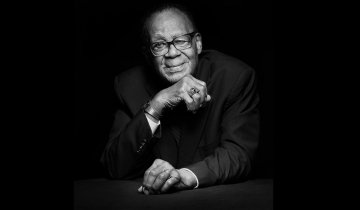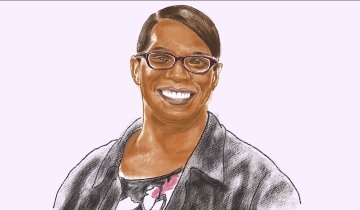As I write, upholding USC Rossier’s pledge to the next generation of educators and students feels difficult. Schools everywhere are closing because of a pandemic, their service impacted in untold ways, likely for months. We at USC Rossier are continuing our teaching and learning activities online, and by most accounts, our students are adapting well.
But I can’t help but think about the fragility of human norms, structures and assumptions. It just takes one catastrophe, or one election result, to make our goals seem farther from reach. Particularly fragile—even before COVID-19—are the norms, structures and assumptions of our democratic system.
“Democracy cannot succeed unless those who express their choice are prepared to choose wisely. The real safeguard of democracy, therefore, is education.” President Franklin D. Roosevelt wrote this message to educators in September 1938, during American Education Week. His words were clear: An educated democracy is the only democracy that works.
It wasn’t until years later, in 1954, when the Supreme Court ruled in Brown v. Board of Education that racial segregation of children in public institutions was unconstitutional, that our laws started catching up with our ideals. Delivering the Court’s opinion, Chief Justice Earl Warren wrote that education is central to our democratic society, “it is doubtful that any child may reasonably be expected to succeed in life if he is denied the opportunity of an education. ... [It] is a right which must be made available to all on equal terms.”
The health of America’s educational institutions—its K-12 schools, colleges and universities—represents the health of our democracy. The history of America’s schools is also a history of access, rights and liberties. When threats to our democratic foundations emerge or grow, we need to ask ourselves, how do we leverage the significant power of our educational institutions to meet those challenges?
At USC Rossier, our mission is to achieve educational equity, particularly to prepare leaders to achieve it. We create and support scholars who understand that systems are made up of individuals, each with the capacity to see inequities and do something about them. In this issue of USC Rossier Magazine, you’ll read stories of people who are refusing to be passive participants in a democratic society in turmoil.
This is the final semester of my deanship, but I look forward to rejoining the faculty in the fall of 2021 to focus on scholarship related to women in leadership and the significant equity issues that exist there. I am proud to know my successor will lead a school that is confident in its purpose and its ability to rise to any occasion.
Fight On!




